World Health Day 2024: My health, my right
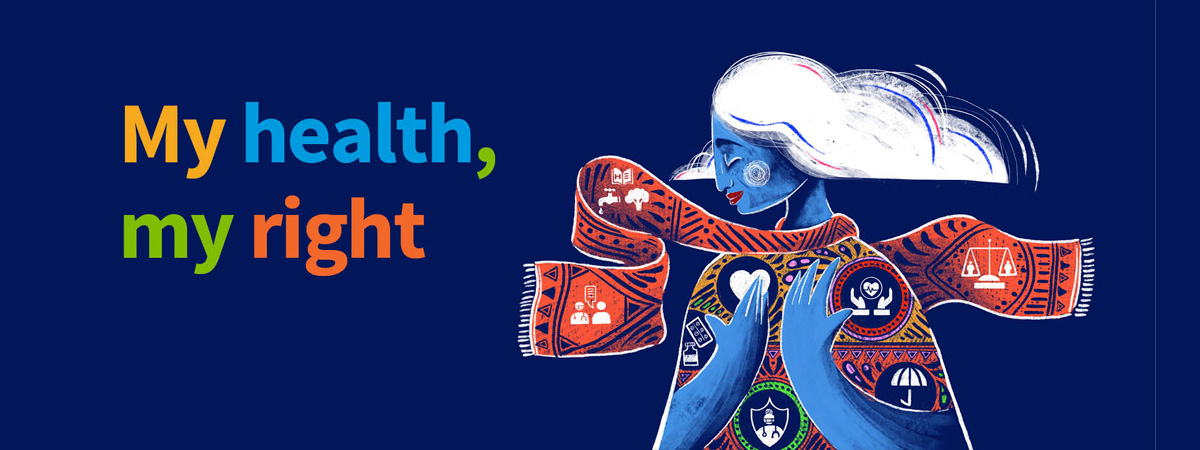
Key messages
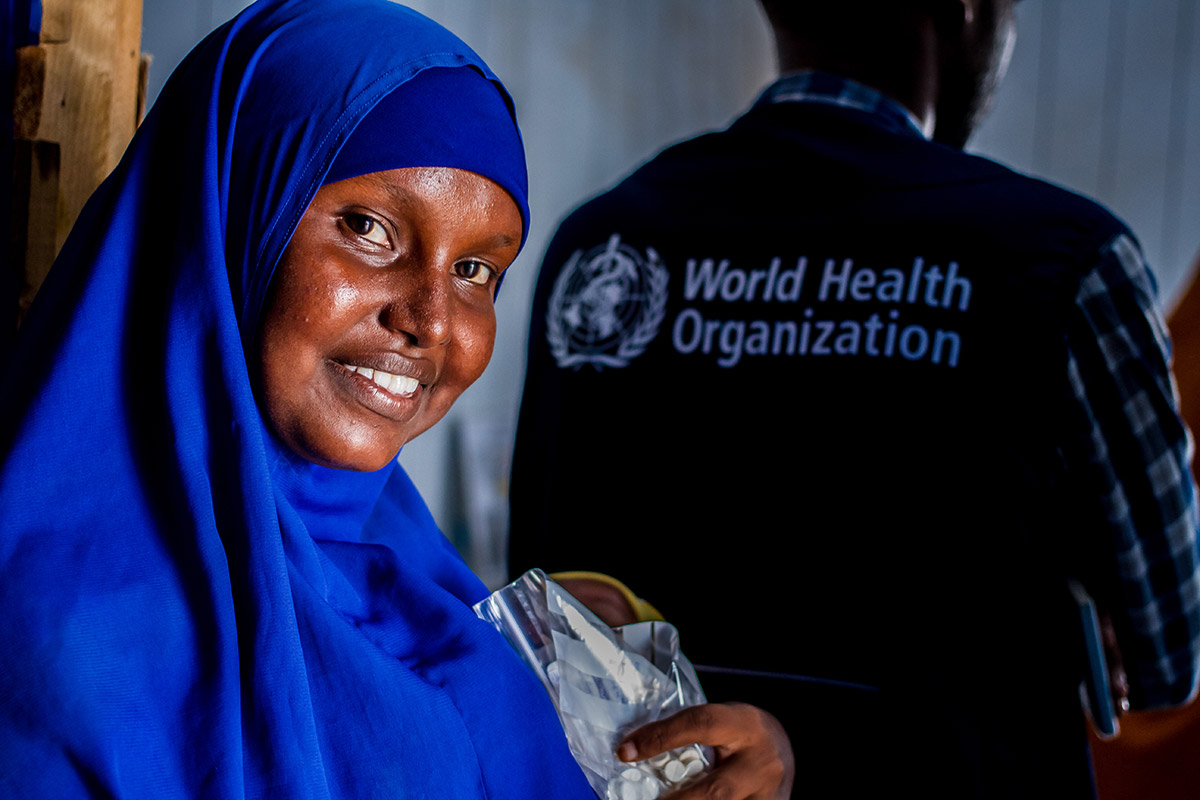
To fulfil the right to health, services should be Available, Accessible, Acceptable and Quality (AAAQ) and without financial hardship.
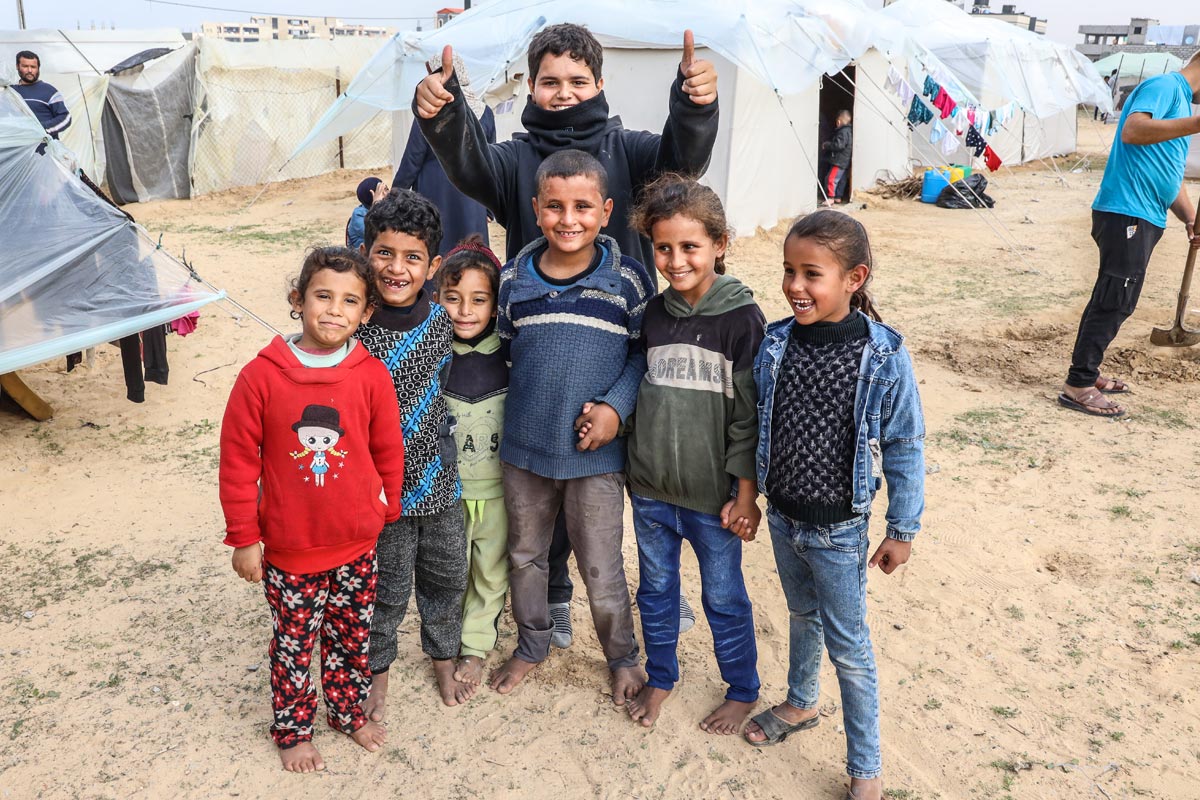
More than half of the global population – some 4.5 billion people – lack full access to essential health care. In addition, over 2 billion people experience financial hardship in accessing basic health care
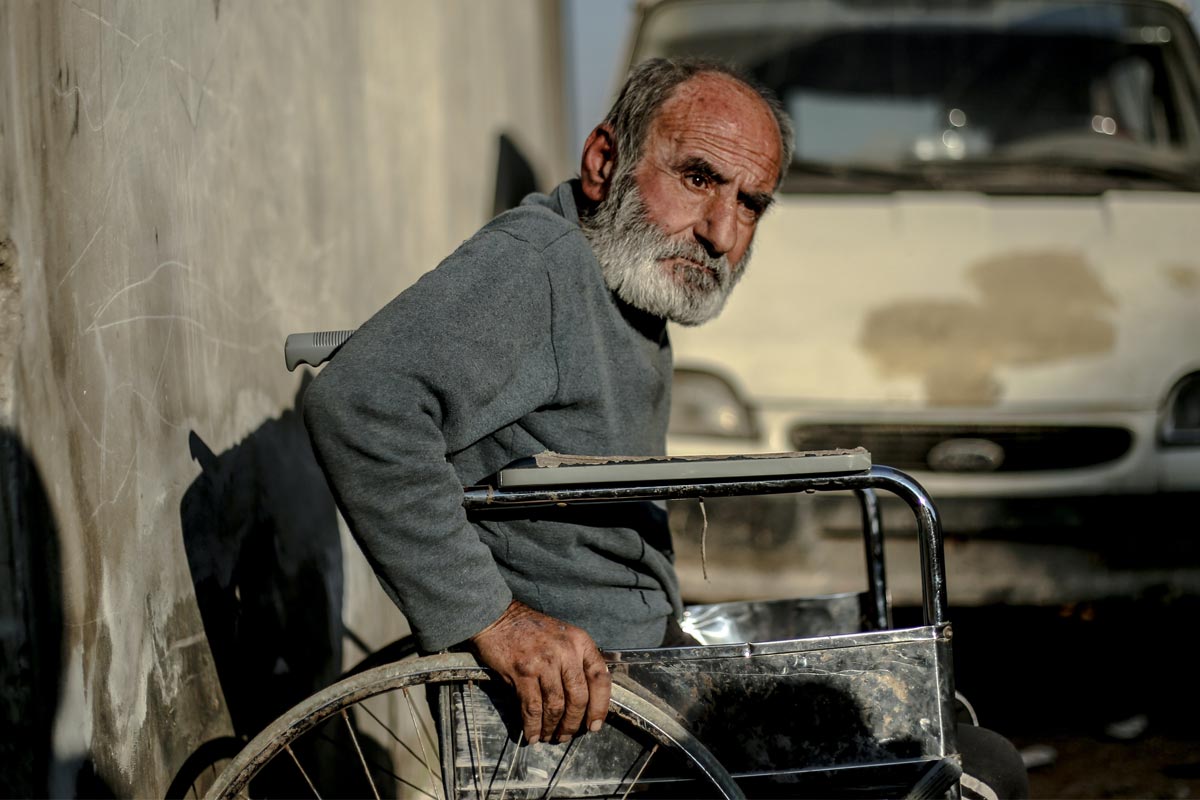
One in every 8 people in the Region faces financial hardship due to health care costs, spending over 10% of their income as out-of-pocket payments
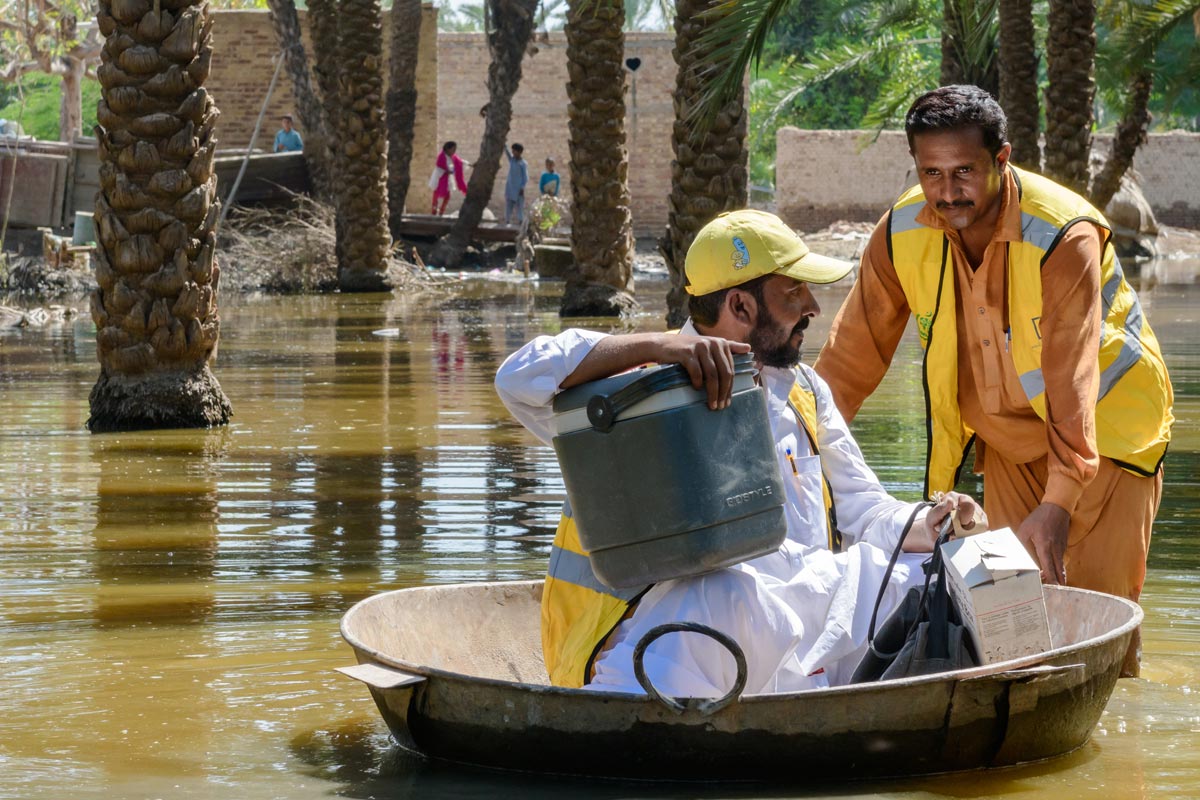
More than half of the countries and territories of the Region have grappled with emergencies in recent years and currently there are 18 graded emergencies. Noncommunicable diseases are also on the rise in the Region, further straining health systems.
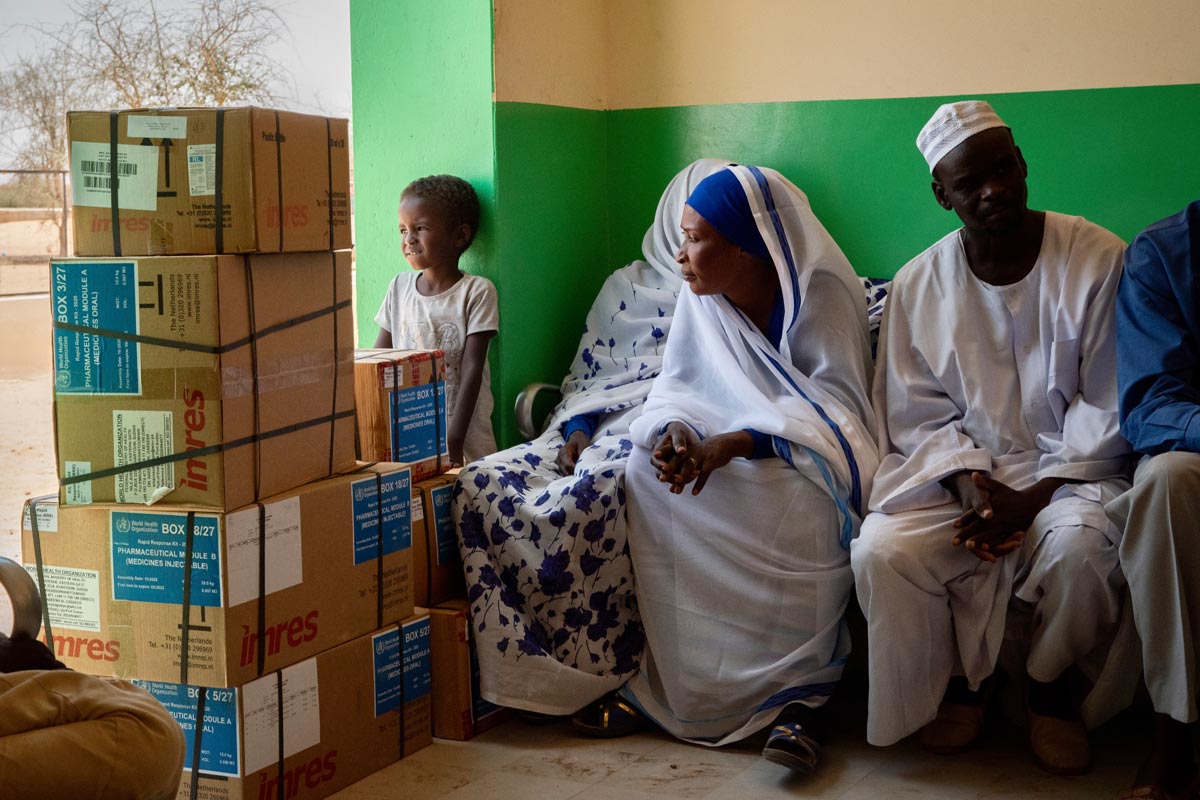
In a Region facing numerous challenges, achieving universal health coverage depends on resilient health systems, and both remain crucial to fulfilling the right to health.
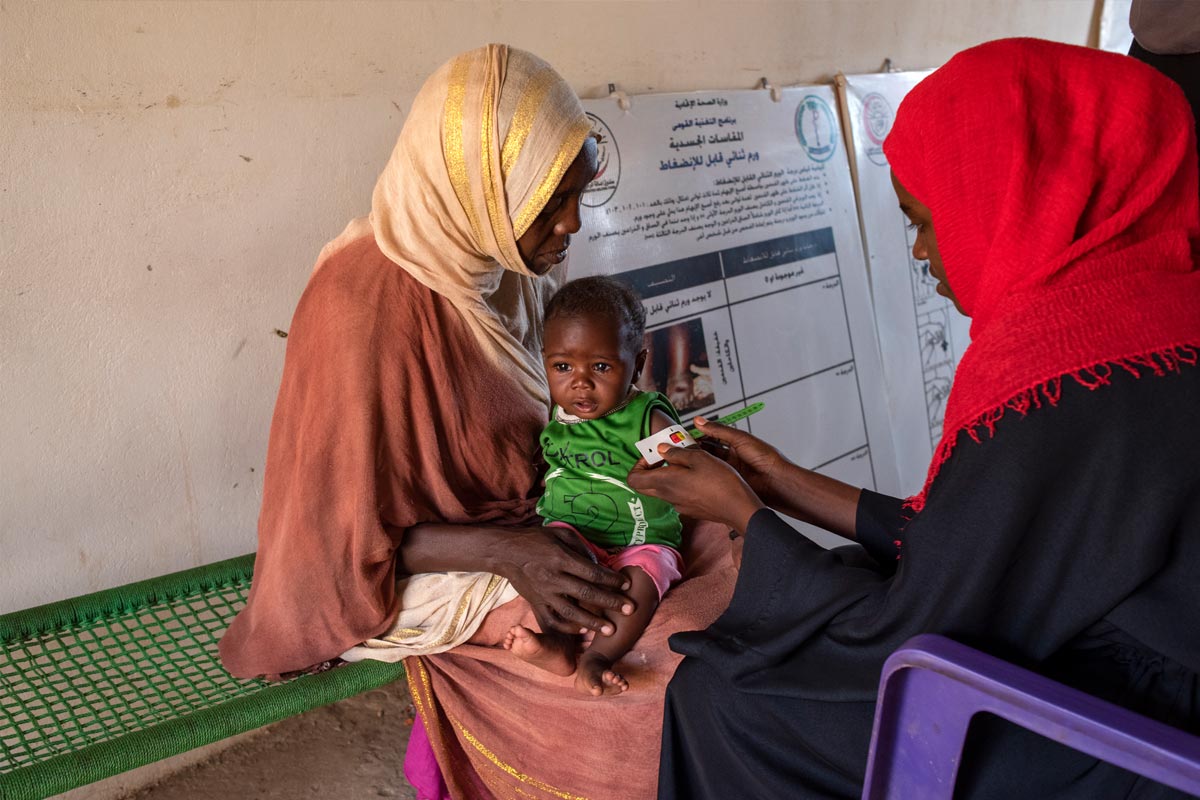
To deliver on the right to health, countries need to invest in health. Around US$ 200–328 billion a year are needed to scale up primary health care in low- and middle-income countries (i.e. 3.3% of national GDP).
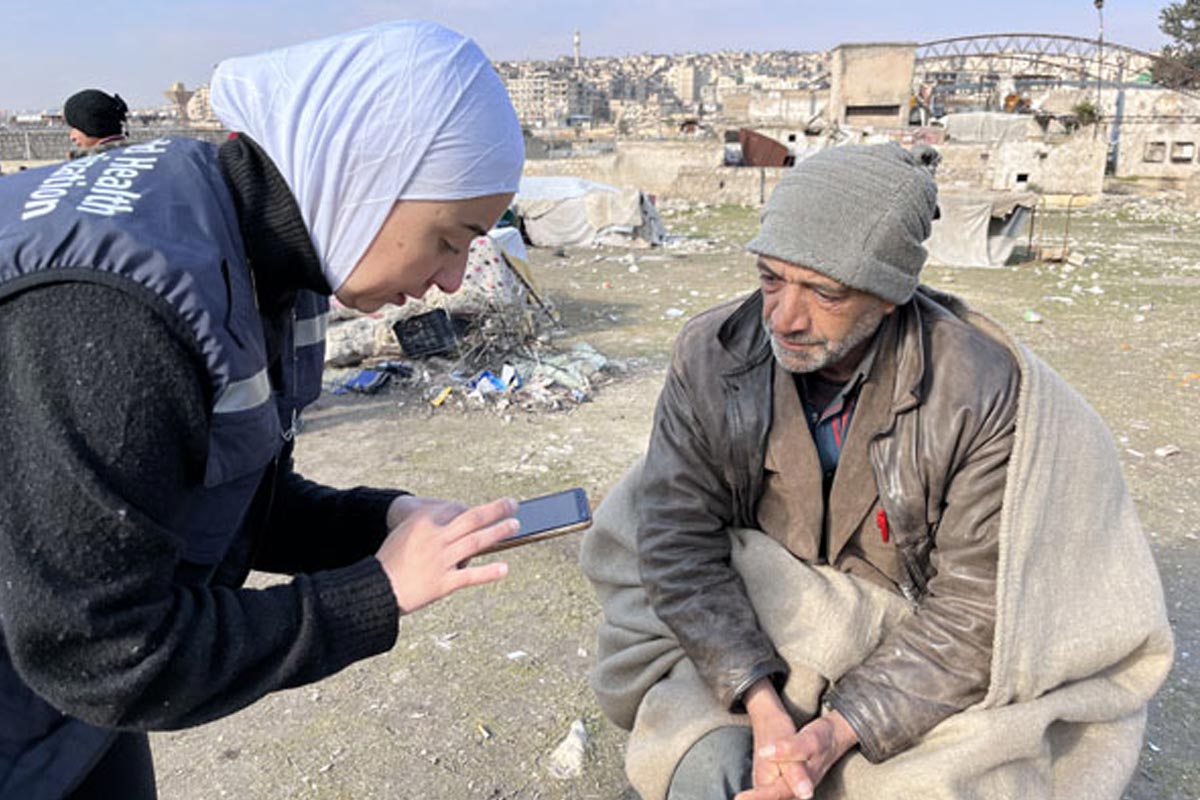
About 20 countries in the Region recognize health as a human right in their constitution. Yet countries are not passing and putting into practice laws to ensure their populations are entitled to access health services.
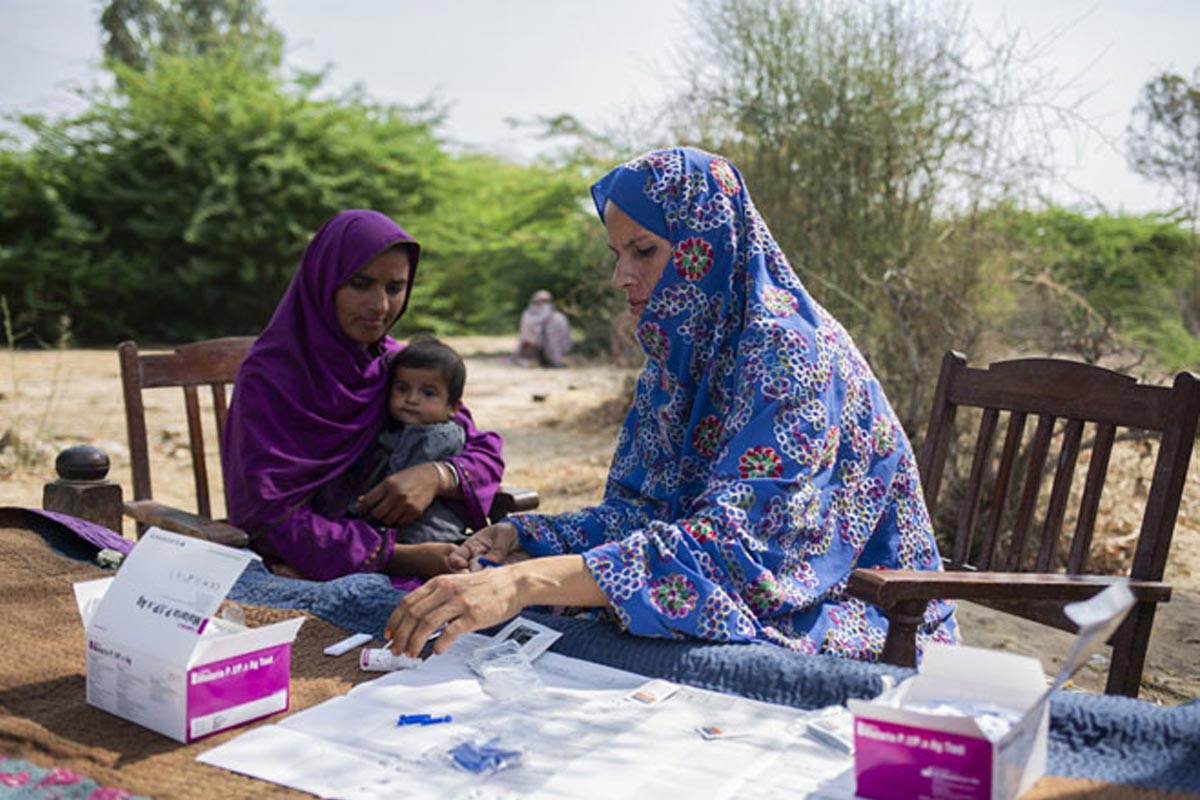
Effective health systems governance is essential for ensuring that health care services are accessible, equitable, efficient, affordable and of high quality for all.
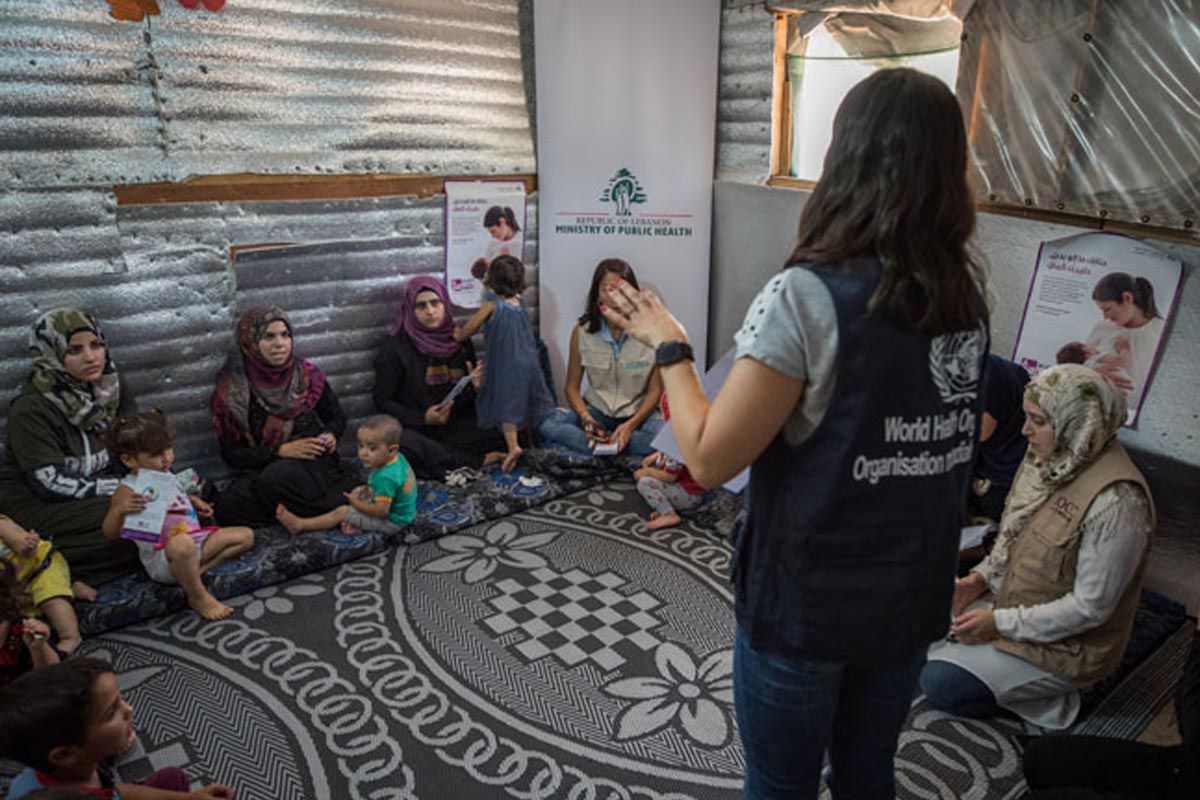
Health systems governance plays a crucial role in promoting equitable right to health. It strives to ensure that the health system is responsive to the needs of all members of society, regardless of their socioeconomic and political status, ethnicity, culture, gender or other factors.




